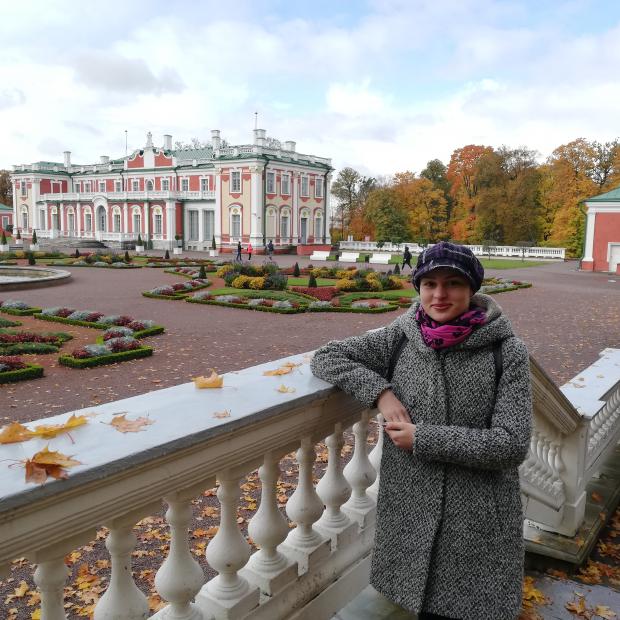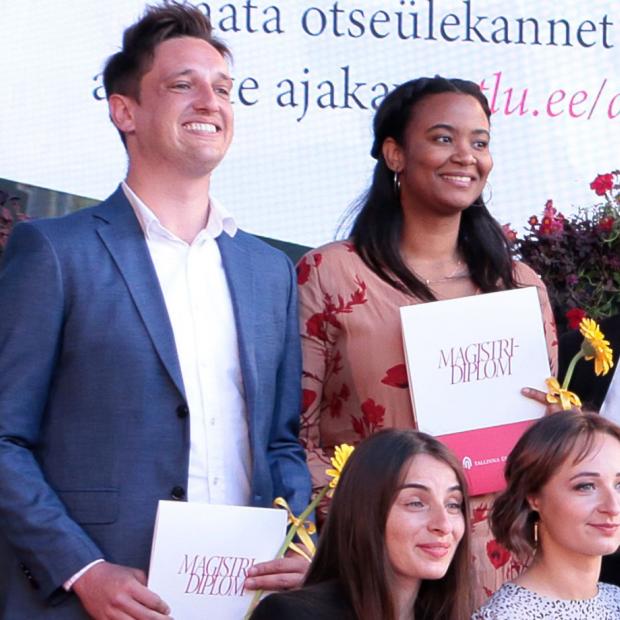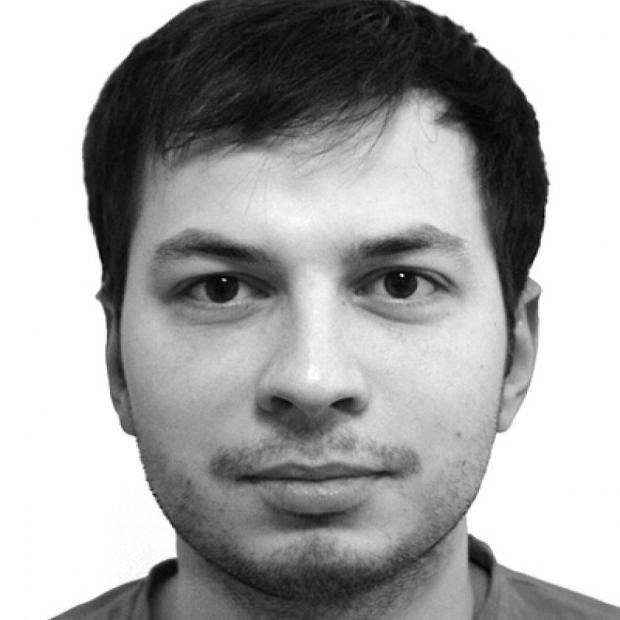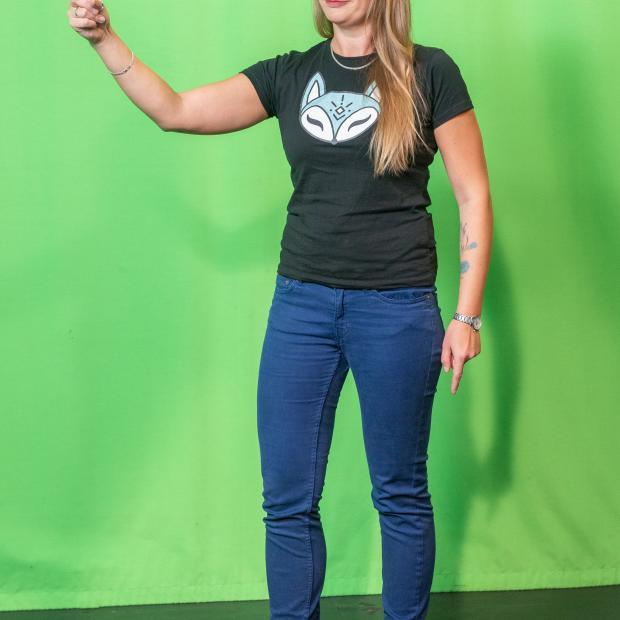TLU calendar 2021: What's up, Professor of Educational Leadership Eve Eisenschmidt?
TLU 2021 calendar’s focus researcher in September is the School of Educational Sciences Professor of Educational Leadership Eve Eisenschmidt. What is she working on right now and how does she spend her free time?
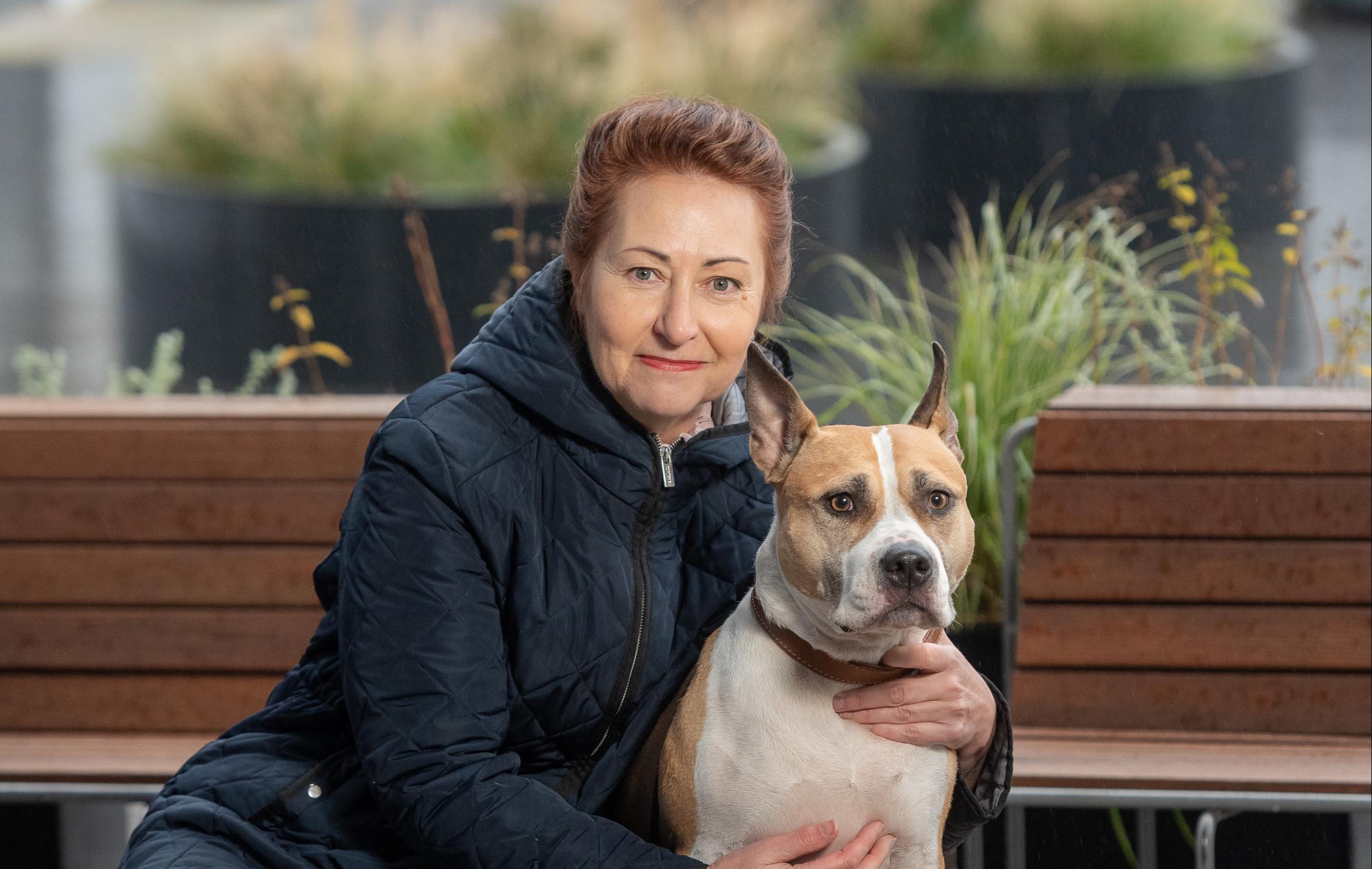
What kind of research or projects are ongoing for You right now? What are the burning questions and topics?
My work focuses on developing schools, so the first word that comes to mind when describing my field is 'practical', but not only. Developing something requires an understanding of where we are headed to, what do we want to achieve with these developments. This means that I have to keep my eyes and ears constantly open and alert on topics such as the development of students and learning. I also have to be always in the know about trends and what is happening in society, in the education system. Dreaming and envisioning energises me when dealing with even the most bothersome aspects of scientific research.
Developing schools means that I work closely with schools and participate in their development processes. Research is an organic part of this kind of cooperation to understand what gives good results and what does not. The heftiest programme out of all that I'm working on, is the Tulevikukool (Future School) programme which sees us working alongside the teams of 5–6 schools during one year. First we joint analyse what is happening with the learning of the students of a particular school, and based on this we plan the focus of the development. We are helping schools become evidence-based, so that schools in Estonia can add more meaning to what they are doing and have more confidence to work out suitable solutions for themselves. We apply the same approach on students both in the Educational Leadership Master's programme and the Educational Innovation and Leadership international Master's programme. The aim is for their theses to bring evidence-based practical change to educational institutions.
This kind of practical approach to research has many reasons. First of all, research and praxis are seen more and more as a given, so merely publishing one's research is not satisfying anymore. We want to see how research helps to develop an area of interest. Secondly, my own background as a developer of educational institutions for 20+ years has made my move to researching and analysing development very organic.
Educational systems all over the world are wrestling with similar challenges. We are working on joint projects with colleagues from Finland, The Netherlands, Georgia and Kosovo that focus on studying school leaders and self-assessments of educational institutions, and creating future scenarios.
What inspires You in life?
The moment a school reaches the point of realisation about what is really going on with its students, how to support them in the learning process, what needs to change in their teaching. That's a powerful moment. It might take a year, sometimes longer because breaking out of one's usual routine is very difficult. Then again, once that click happens, the more valuable it is.
Our team is pretty much the testing ground for school development. We try to practice what we preach. Keeping my team together is everything, it gives me strength. In my private life, my family is my rock but at work it's my colleagues who keep me grounded. The way my team develops is also a testament to the work we do in return.
Besides science, do You have any hobbies or activities that energise Your physical and mental health?
I have classic hobbies. Like most Estonians, I keep my fingers in the soil from spring to autumn or devour one book after another to switch off work. In the winter, I escape to vitamin D rich places to get some colour on my pale complexion. Also, my dog keeps me active because his love of long walks motivates me to get out of the house as well.



